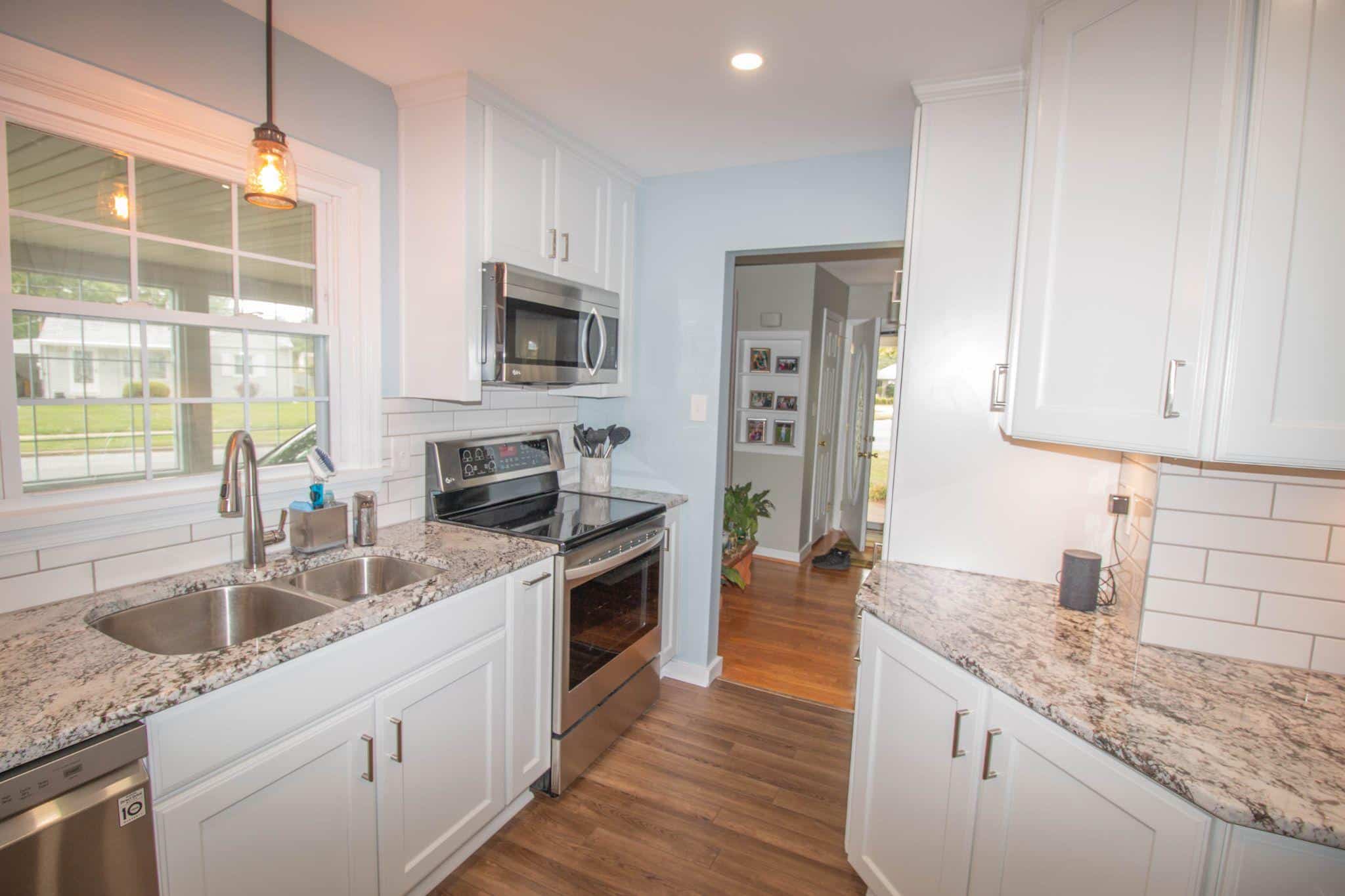Purchasing a home is a significant milestone in life. Whether you’re a first-time homebuyer or looking to upgrade, there are a variety of financial steps you need to consider before taking the plunge into homeownership. It’s not just about finding the right property; it’s also about being financially prepared to handle the responsibilities that come with it.
In this article, we’ll explore the essential financial steps you should take to position yourself for homeownership, from understanding your credit score to knowing how much you can afford. Let’s break down the necessary actions to ensure you’re ready when the time comes to buy a home.
Assess Your Current Financial Situation
Before diving into the home-buying process, it’s crucial to take a step back and evaluate where you stand financially. This means understanding your income, debts, savings, and spending habits.
Review Your Income and Expenses
Start by taking a close look at your monthly income versus your monthly expenses. Are you spending more than you’re earning? Is there room to cut back on discretionary spending? An honest review of your financial situation will give you clarity on how much you can afford to allocate towards a future home purchase.
Track Your Debt-to-Income Ratio
One of the most important metrics lenders look at when considering you for a mortgage is your debt-to-income ratio (DTI). This is the ratio of your monthly debt payments to your monthly income. A lower DTI indicates to lenders that you are more likely to manage your mortgage payments effectively.
Understand Mortgage Options
There are several types of mortgage loans, each with its own set of benefits and drawbacks. Some common types include:
- Fixed-Rate Mortgages: These have the same interest rate for the entire loan term, offering stability and predictability in monthly payments.
- Adjustable-Rate Mortgages (ARMs): These have an interest rate that can change over time, which can lead to lower initial payments but uncertainty in the future.
- FHA Loans: These are government-backed loans with lower down payment requirements, often ideal for first-time homebuyers with less-than-perfect credit.
How Much Will Your Mortgage Cost?
Understanding your potential mortgage payments is crucial before you start looking for homes. You can use a mortgage payment calculator with interest to estimate monthly costs based on the home price, interest rate, and loan term. This will help you determine if the property you’re considering is within your budget.
Consider all associated costs, such as property taxes, homeowner’s insurance, and private mortgage insurance (PMI), which may be required if you’re putting down less than 20%.
Build a Solid Emergency Fund

Homeownership comes with unexpected costs, from maintenance and repairs to property taxes and insurance. Having an emergency fund in place before buying a home can help you avoid financial stress when the unexpected happens. A good rule of thumb is to save at least three to six months’ worth of living expenses.
An emergency fund gives you a safety net, ensuring that you can handle the financial ups and downs of homeownership without derailing your long-term plans.
Understand Your Credit Score
Your credit score plays a critical role in determining your eligibility for a mortgage and the terms you’ll be offered. Lenders rely on your credit score to gauge your ability to repay debt. Generally, a score of 620 or higher is considered acceptable for a conventional loan, but a score of 740 or above will help you secure the best rates.
Steps to Improve Your Credit Score
If your credit score is lower than you’d like, don’t worry. You can take steps to improve it. Start by paying down high-interest debts and making sure your payments are always on time. Additionally, avoid opening new credit accounts, as this can temporarily lower your score. The more time you have before applying for a mortgage, the more opportunity you’ll have to boost your credit score.
Save for a Down Payment
Saving for a down payment is often one of the biggest hurdles for first-time homebuyers. Most traditional mortgages require a down payment of 20% of the home’s purchase price. However, many programs, such as FHA loans, allow for down payments as low as 3.5%.
Start Saving Early
The earlier you start saving, the better. Begin by setting a realistic savings goal. For example, if you’re looking to purchase a home worth $300,000, a 20% down payment would be $60,000. Breaking this down into manageable monthly savings goals can make the process less overwhelming.
Some buyers may also consider down payment assistance programs, which can reduce the amount needed upfront. Be sure to research any available programs in your area.
Get Pre-Approved for a Mortgage
Before you start browsing listings, it’s a good idea to get pre-approved for a mortgage. A pre-approval letter tells sellers that you’re serious about purchasing and that you have the financial backing to do so. It also helps you understand exactly how much you can borrow, which is crucial when setting your budget.
Mortgage Pre-Approval Process
The pre-approval process involves providing your lender with financial documentation such as tax returns, pay stubs, and information about your debts. The lender will review this information to determine how much they’re willing to lend you.
Once you’re pre-approved, you’ll know your price range, which will help narrow down your home search and make the process more efficient.
Consider Other Homeownership Costs
While the mortgage itself is a significant expense, it’s important to keep in mind other costs associated with owning a home. These can include:
- Property Taxes: Depending on where you live, property taxes can be a substantial expense. Be sure to factor this into your budget when assessing affordability.
- Homeowners Insurance: This is typically required by lenders and protects your property in case of damage. The cost varies depending on your location and the value of your home.
- Maintenance and Repairs: As a homeowner, you’re responsible for maintenance and repairs, which can add up over time.
Make sure you have a clear picture of all potential costs to avoid any surprises down the road.
Conclusion
Buying a home is an exciting yet challenging process. The key to success lies in preparation. By taking these essential financial steps, such as assessing your finances, saving for a down payment, and understanding mortgage options, you can position yourself for a smoother home-buying experience. Whether you’re just starting your homeownership journey or planning for the future, being proactive with your finances now will set you up for long-term success.








